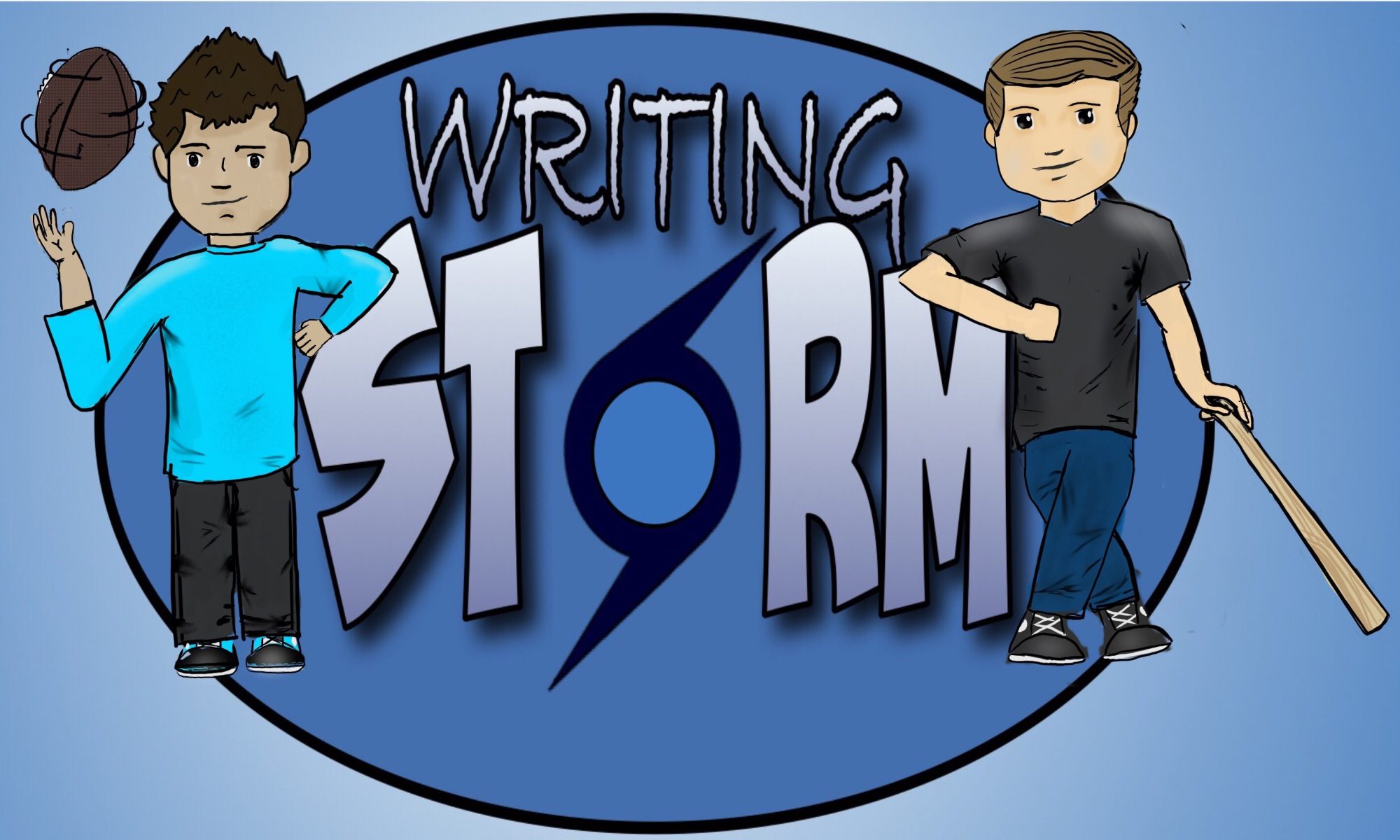The scorecard, 7-4, for the NBA Finals MVP was between Andre Iguodala and LeBron James with a glaring omission… Stephen Curry, who didn’t receive a single vote. There have been differing opinions all over the board.
Neil Greenberg for the Washington Post:
“Iguodala finished the series with averages of 16.3 points, four assists and 5.8 rebounds, shooting 52.1 percent from the field. However, he wasn’t the most valuable player on his own team or in any one game, let alone the entire series... According to Michael Beuoy’s “kitchen sink” win probability added, which quantifies the win probability contributions for every box score stat we can measure and attribute at the player level, Iguodala ranked fourth overall in the Finals, behind James, Curry and Draymond Green.”
Jack Winter for uproxx
But Iguodala was merely the biggest beneficiary of Curry’s all-encompassing threat and Draymond Green’s all-court versatility. Why was he afforded so much space to operate in the halfcourt? Due to Cleveland’s ultra-aggressive ball-screen coverage on Curry. And why were the Cavaliers forced to guard him with an overmatched big man? Because Green is a stout enough rebounder, rim-protector, and individual defender to not be frequently outmuscled by Mozgov and Tristan Thompson.
81.5 percent of Iguodala’s scores versus Cleveland were assisted. The nearest defender on all but nine of his 37 made field goals was Mozgov, Thompson or 34-year-old James Jones. Those stats, obviously, have the fingerprints of Curry and Green all over them.
He also noted:
…To be fair, Iguodala did a yeoman’s job defending James. When they shared the court James had a net rating of minus-15.5 and was held to a true shooting percentage of 46.4 percent, which skyrocketed to a net rating of plus-18.8 and 50.9 percent true shooting when they didn’t.
Eric Freeman writing for Yahoo
However, there was no doubt which Warrior was most deserving of the Bill Russell NBA Finals MVP Award as Golden State closed out its first title in 40 years in Tuesday’s Game 6 win at Quicken Loans Arena. Iguodala was the Warriors’ most consistent player of the series, averaging 16.3 points (52.1 percent from the field, 40 percent from deep), 5.8 rebounds and four assists over 36.8 minutes per game while serving as Golden State’s primary defender on James. Plus, Iguodala’s entry into the starting lineup in Game 4 in place of All-Defensive Second Team honoree Andrew Bogut helped turn the series to the Warriors’ favor.
SI.com’s Staff say the decision was obvious:
Lee Jenkins wrote: “If LeBron James doesn’t win MVP, that’s essentially an admission that a player on the losing team can’t win the award, which is fine, except then the name should probably be changed..
Chris Manix: “It takes unique circumstances to give the MVP award to a player on a losing team, but this is a unique situation. Even in defeat, James has been the most overwhelmingly dominant player.”
Michael Rosenberg: “The title is “Most Valuable Player,” not “Most Valuable Player On The Winning Team,” and anybody watching this series understands James has been far more valuable than Steph Curry, Andre Iguodala or anybody else on Golden State’s roster.”
If LeBron had won the MVP it would have been deserving and justified. He played out of his mind. He had basically the New York Knicks roster and won two games in the finals. My hangup with Iguodala having won the award, is he didn’t carry the team. Steph carried the team. Steph Curry came into his own at the end of game 3. That is the main reason they didn’t lose another game, it wasn’t because Andre Iguodala was in the lineup, it was because MVP Steph returned.
To suggest that Iguodala did some sort of wizardry guarding LeBron James, when LeBron garnered votes for Finals MVP on the losing team seems to get lost. He didn’t do a MVP job, else LeBron wouldn’t have been so impactful. The fact that LeBron didn’t shoot as well with Andre Iguodala guarding him can be chalked up to a couple of different things. LeBron was gassed by the 4th game. He was playing an inordinate amount of minutes carrying a terrible team. They also played from behind a lot of the time in the later games which fosters ineffeciency. Andre Iguodala isn’t as good of a defender as Kawhi Leonard who couldn’t keep LeBron’s efficiency down, meaning LeBron wasn’t slowed down by Iguodala, but by the process. Curry was huge in 4th quarters and stepped up when needed. He garnered the most attention, and delivered biggest when needed.
If not LeBron, then Curry.
